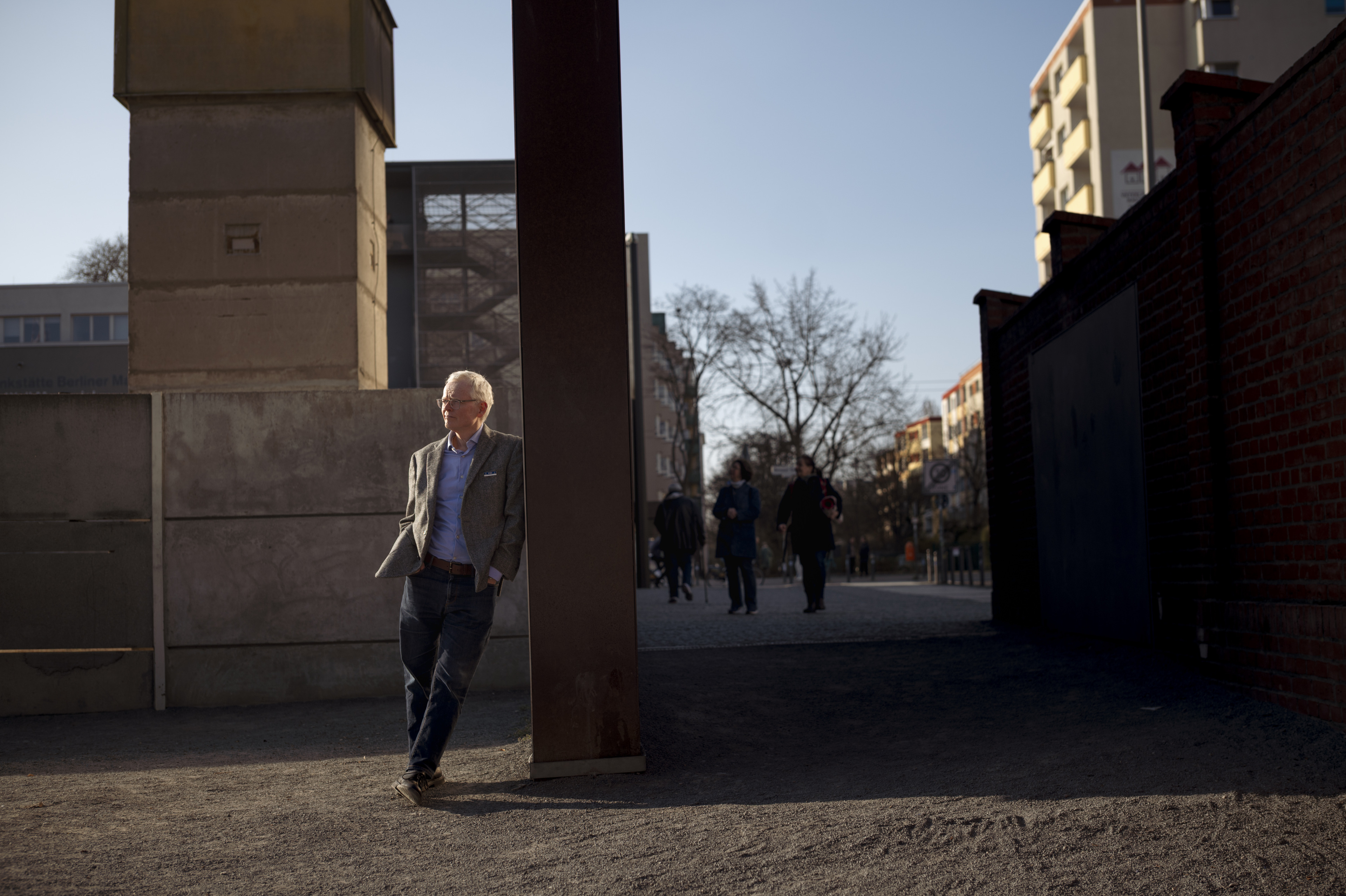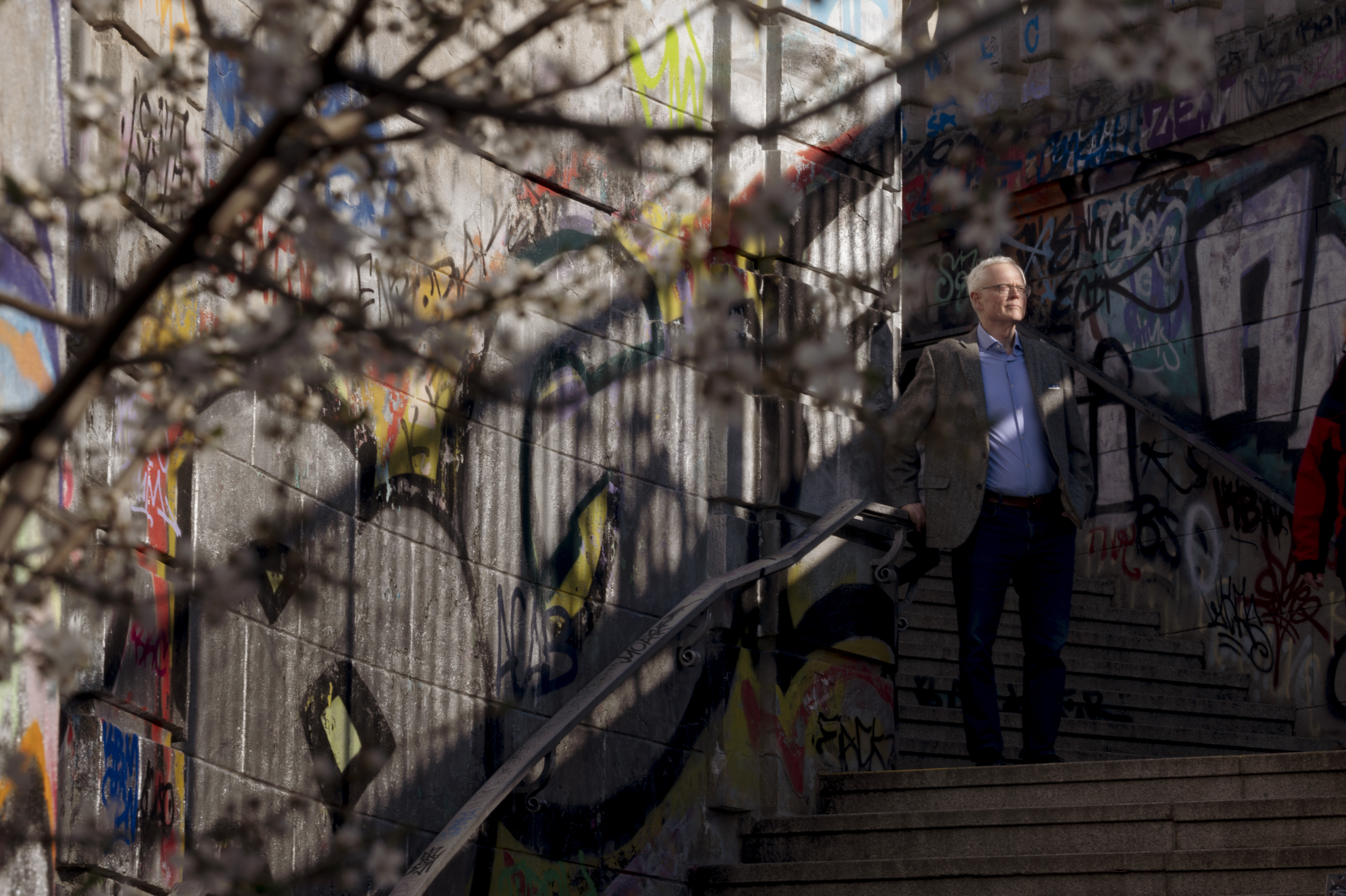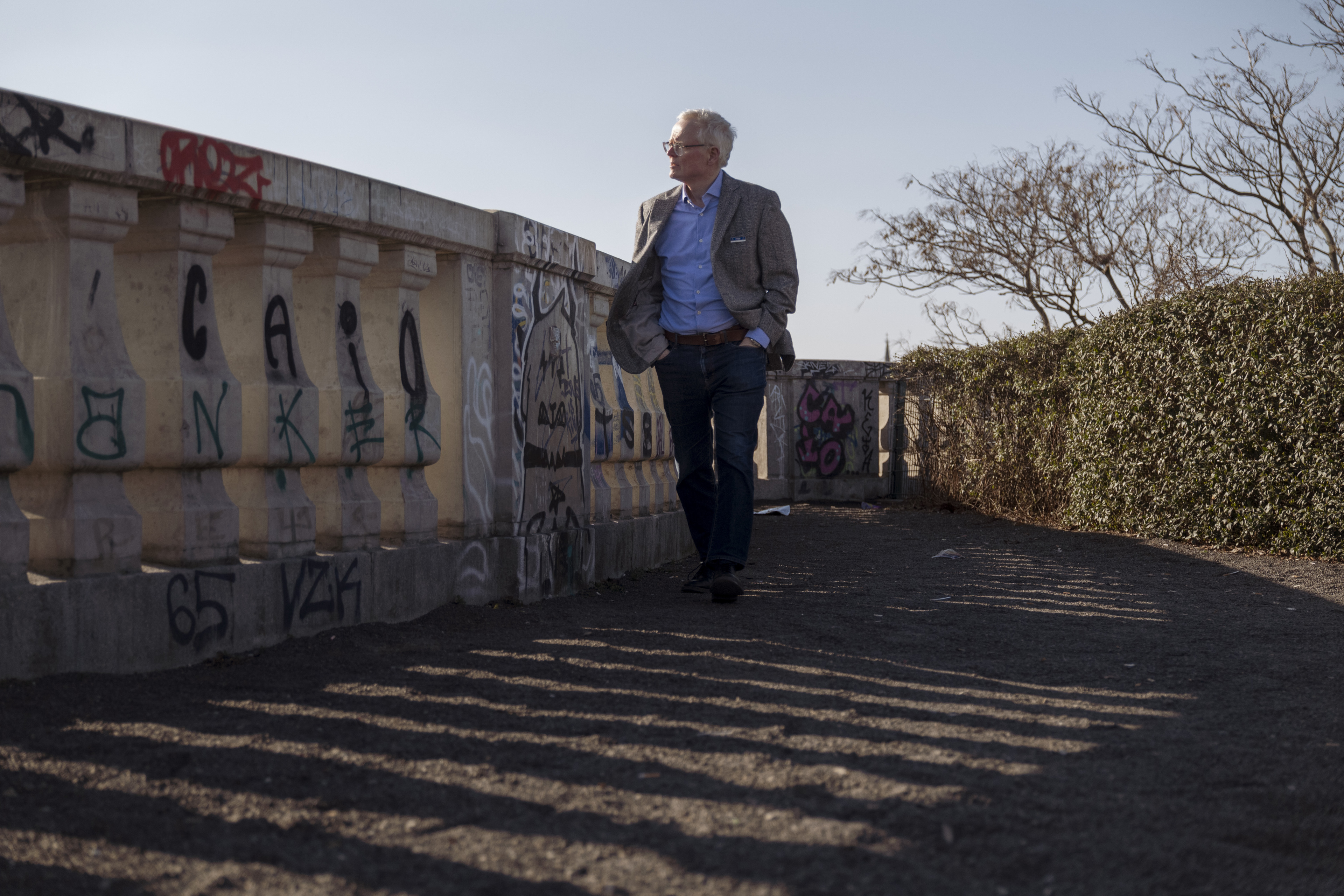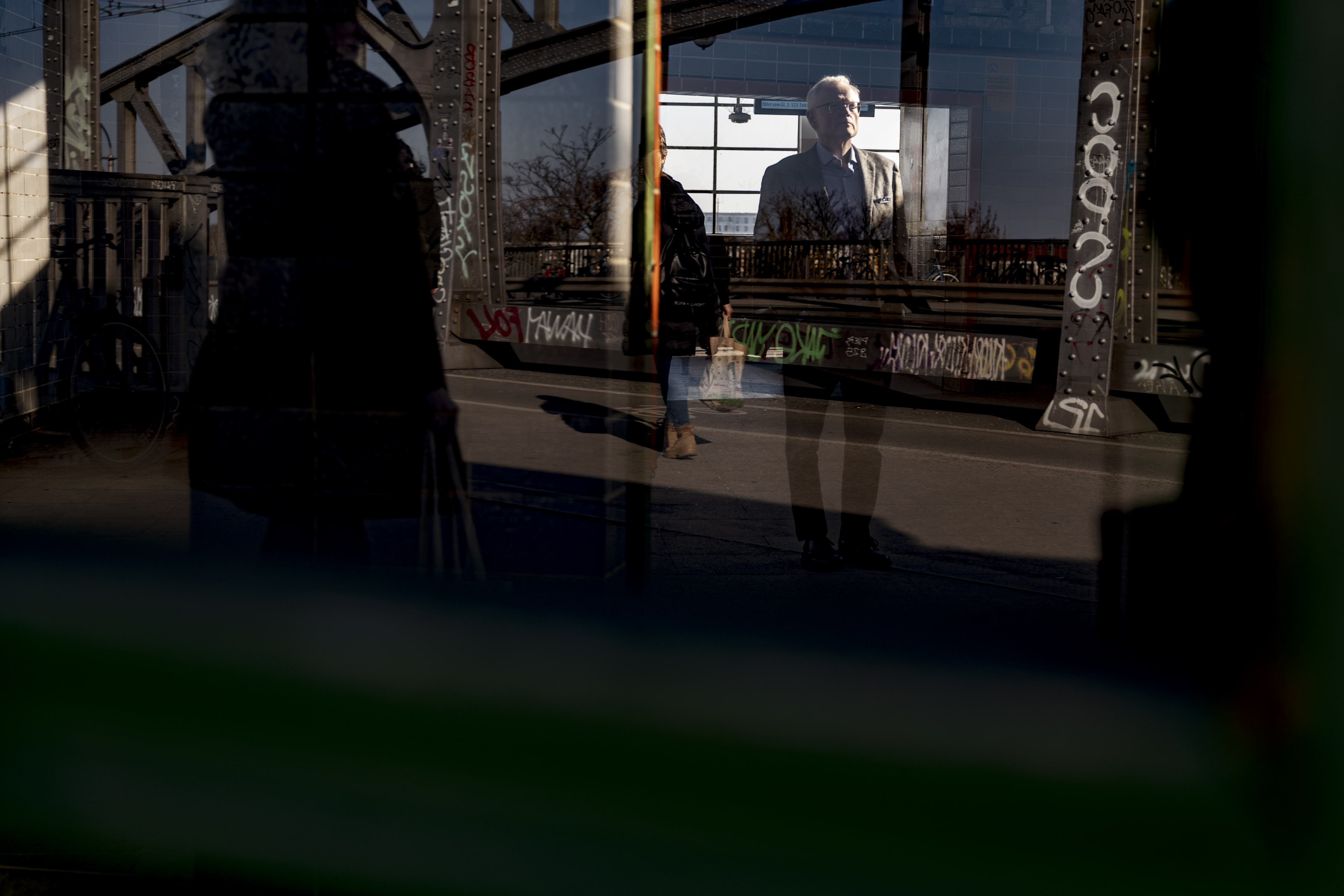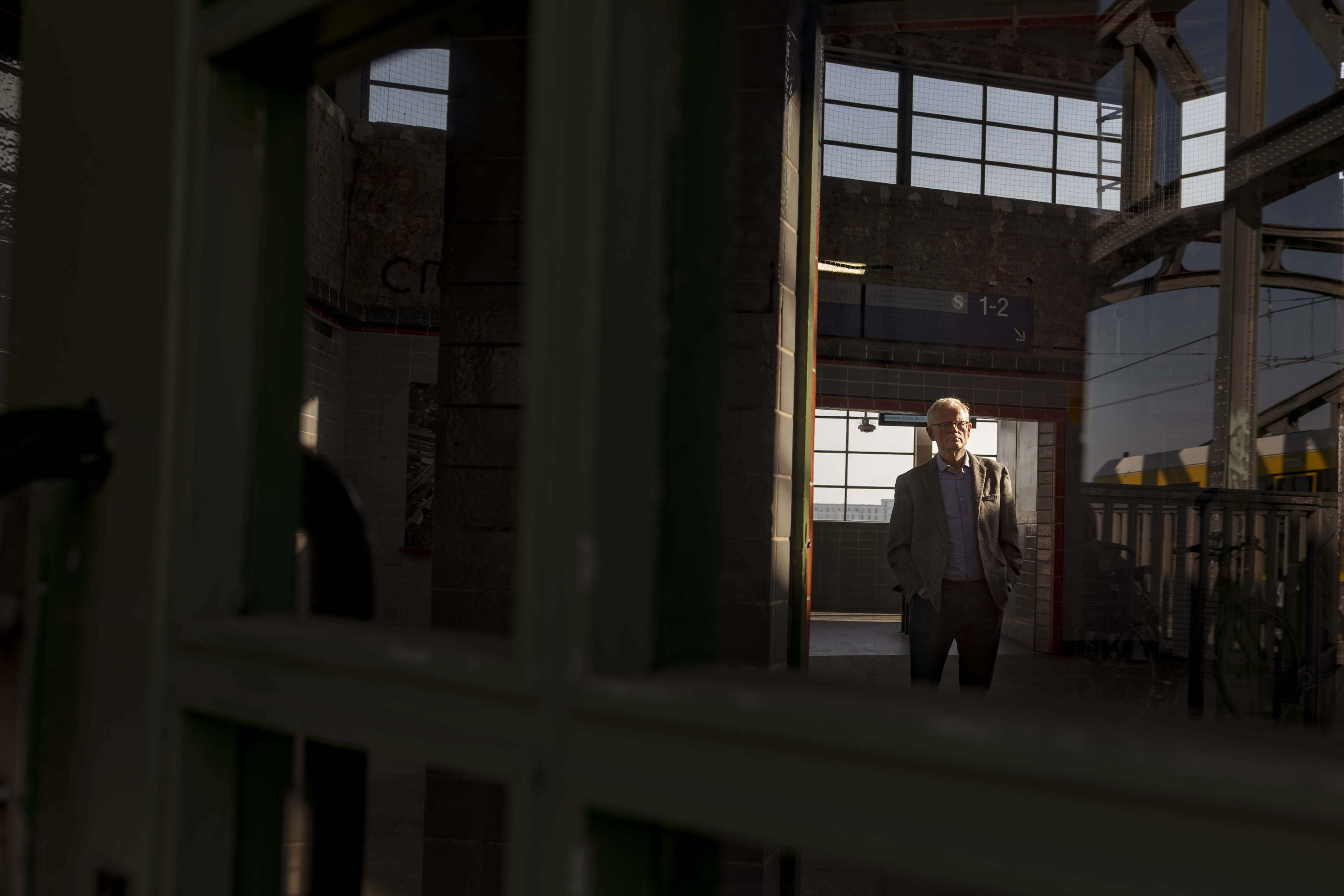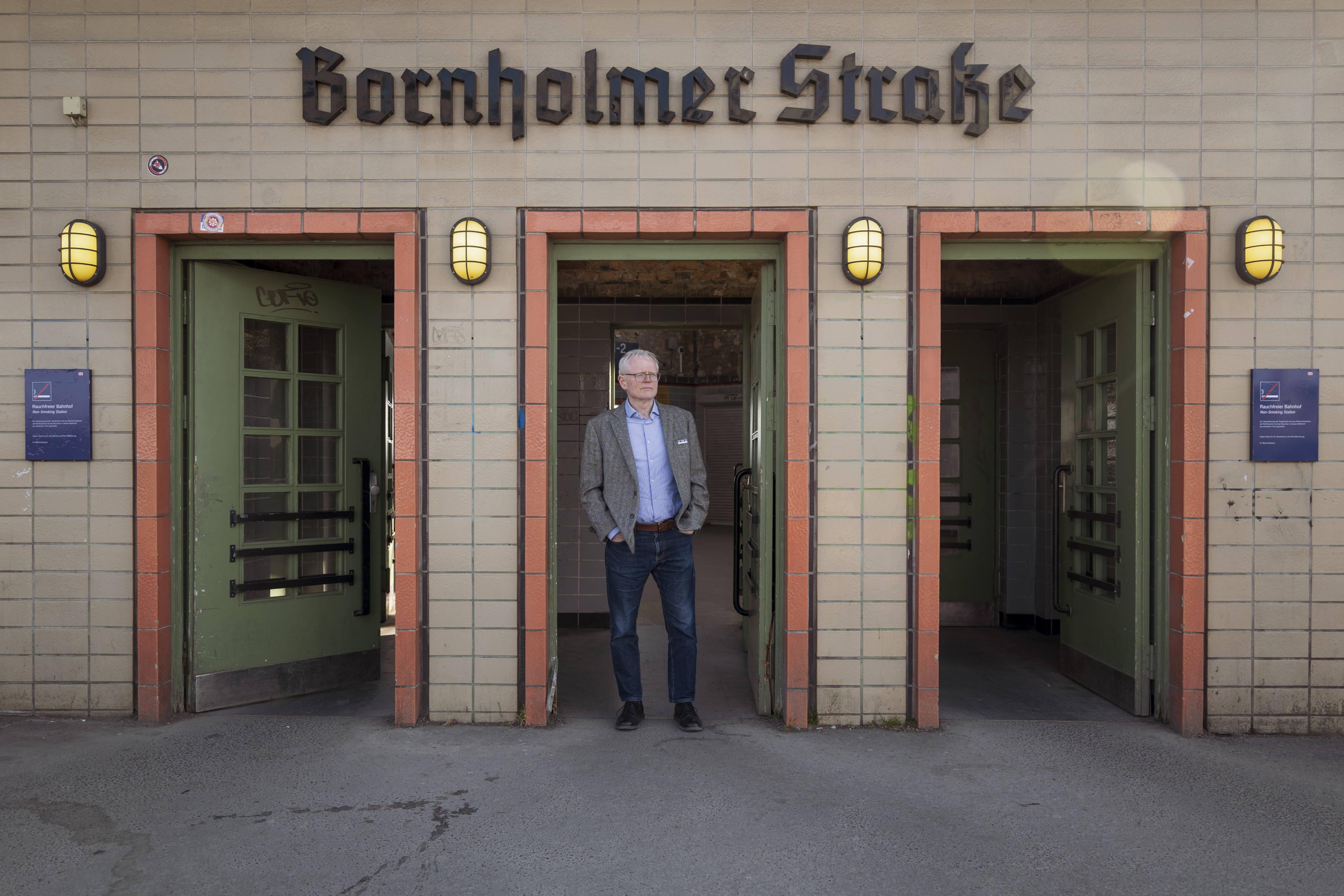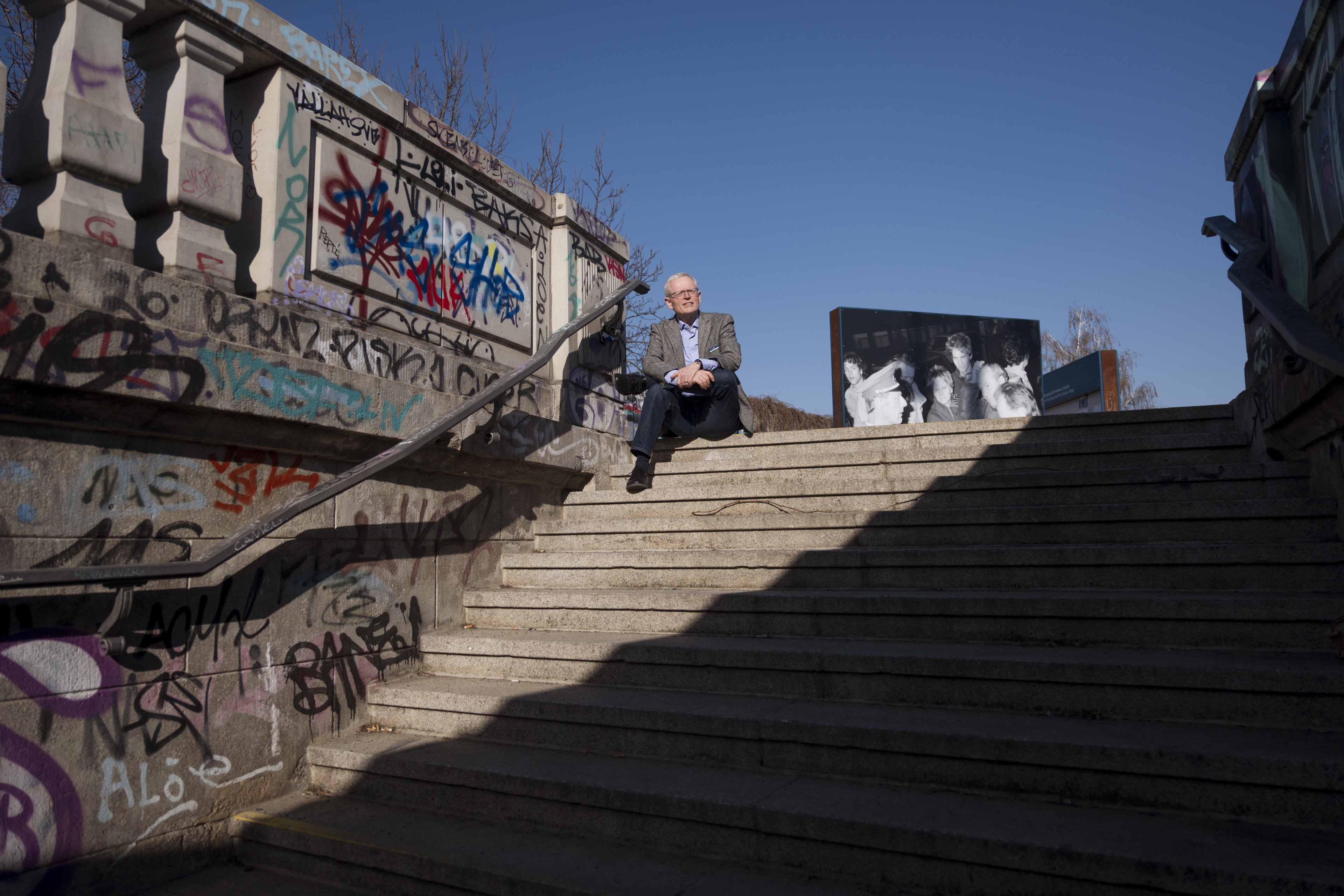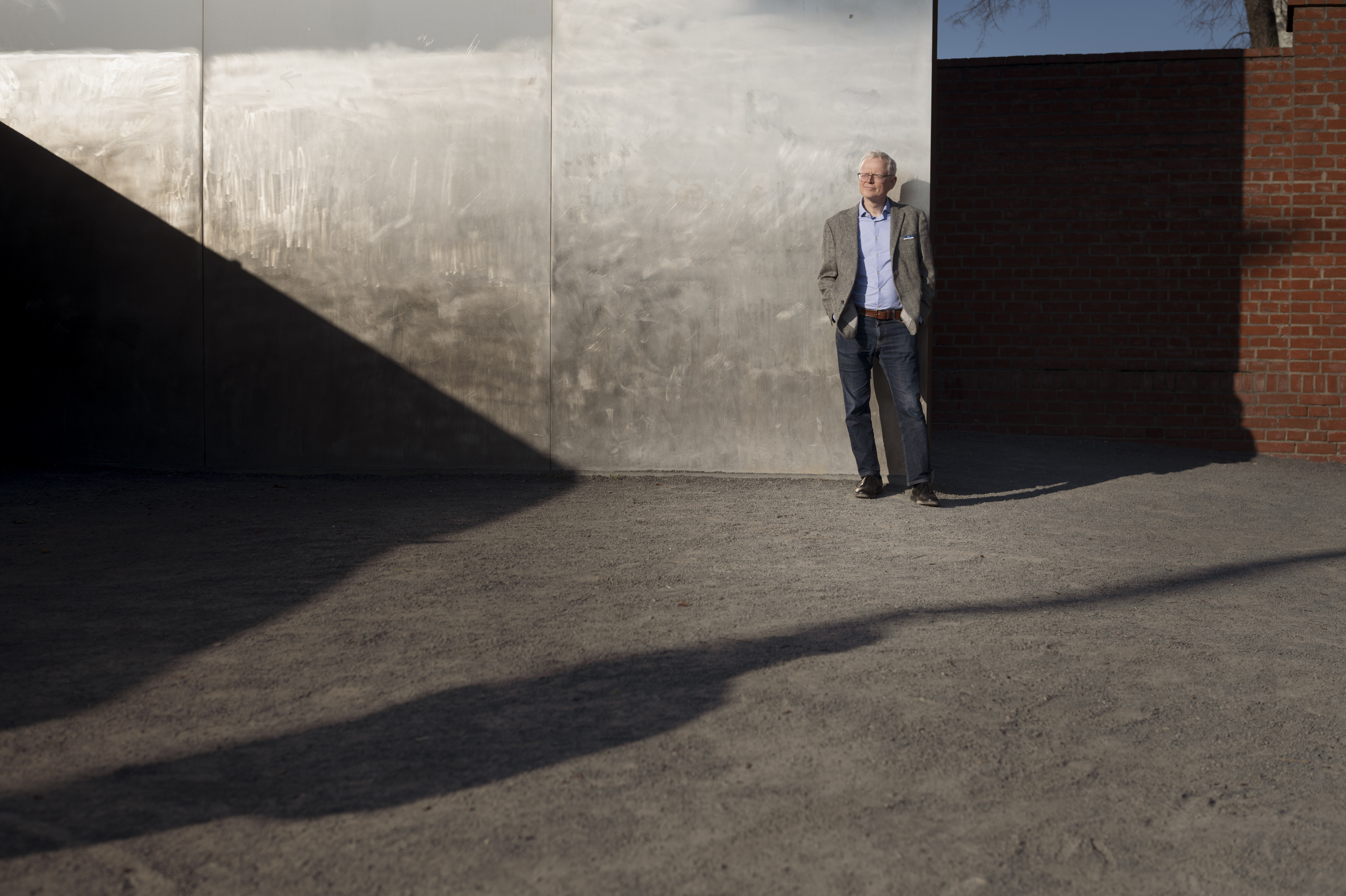Issue 20 / May 2025
“There is a sense of malaise in China”
Leonardo Pape
Spirituality is experiencing a renaissance in Chinese society. The Communist Party uses this trend in an attempt to legitimize itself in ways other than simply creating wealth. To this end, it promotes popular religious activities previously regarded as superstition. The American Sinologist and Pulitzer Prize winner Ian Johnson explains the reasons behind this development.
Leonardo Pape: Mr. Johnson, the Spring Festival, the most important traditional festival in China and other parts of Asia, is approaching. It is sometimes compared to Christmas. How much religion is in it?
Ian Johnson: For most people in China today, the Spring Festival is not strictly religious. However, it is traditionally associated with rituals like visiting a temple or paying respects to ancestors’ graves. Today, the Spring Festival still has a spiritual significance for people, as it is a time to get together with friends and family. For a migrant worker, it may be the only opportunity in the whole year to go home.
LP: How important is religion in Chinese society after over seven decades of communist rule?
IJ: Some would say that most Chinese people no longer have a religion. But that’s only true if you define religion very narrowly. It is more about the little things you do rather than a strict dogma that you believe in. People may have a small altar at home or light incense for a recently deceased parent.
LP: What influence does the Communist Party have on religious life in China?
IJ: When the People’s Republic was founded in 1949, the Communist Party created five associations to regulate religious life: the Buddhist, Taoist, Protestant, Catholic and Islamic Associations of China. They still exist today. During the Cultural Revolution, all forms of religion were severely attacked, and almost all religious groups were forced underground. The late 1970s saw a new upsurge of spirituality, and the structure of official religions and their official associations was renewed.
LP: What triggered this upswing?
IJ: At the end of the Cultural Revolution, the party had little legitimacy among the population. Under Mao, China was a totalitarian dictatorship. After that, the prevailing idea was that you could have freedom as long as you did not challenge the party’s power. What surprised the CCP was the fact that people longed for a spiritual answer. Communism was obviously no longer able to provide it.
LP: In 2023, after a visit to China, you spoke of widespread disillusionment among the population.
IJ: Sometimes, societies turn to religion in times of crisis, and China is experiencing perhaps the biggest crisis since the Cultural Revolution. We haven’t seen a real sense of stagnation in China for half a century. We look at the country’s military might and technological advances and say: wow, China is on the rise. But I doubt that most people in China see it that way. There is a sense of malaise in China. Spirituality is certainly a way of turning more inward.
LP: What is the way out of stagnation?
IJ: The party seems to want to muddle through by investing a little more to boost the economy. It hopes that some future technologies will catch on. Between the 1980s and the 2000s, China there was a genuine sense of excitement. You no longer sense this excitement when you talk to Chinese people today. It seems as if China is facing a less exciting, tougher time.
LP: China has been isolating certain areas from the outside world in recent years. Is this trend also noticeable in how it deals with religion and spirituality?
IJ: In the late 2000s, civil society was flourishing. From 2008, the party cracked down. This is reflected in the restrictions on the internet and social media, even before Xi Jinping took power. There is still a space for religion, but it must be within the official associations. Among other things, the party has reached an agreement with the Vatican that supports the ordination of clergy but puts pressure on underground churches to submit to state control. Religion is part of efforts to re-centralize control over society and close off potential channels for dissent. And these efforts are primarily directed against the so-called foreign religions of Christianity and Islam.
LP: How does the party respond to people’s search for meaning and spiritual expression?
IJ: The party feels it needs to legitimize itself in other ways than just by creating wealth, especially as economic growth has slowed. It has not given up on communism. The Communist Party is still investing great sums in related myth-making. All this and the nationalist and patriotic education propaganda works to a certain extent. Because the party knows this is not enough, it presents itself as the defender of traditional Chinese culture. Xi Jinping does not visit temples, but the Communist Party has rebuilt temples. It also promotes many popular religious activities that were previously considered superstition by redefining them as “intangible cultural heritage.” Among other things, the government financially supports pilgrimages to sacred mountains.
LP: Why did civil society movements like Falun Gong gain so many followers?
IJ: Falun Gong began with a rediscovery of traditional practices after the Cultural Revolution. Its leader, Li Hongzhi, eventually wrote down a complete philosophical and religious system. He also gave lectures that were distributed on audio cassettes and videotapes. He gained millions of followers.
LP: The Communist Party eventually cracked down on Falun Gong. Why did things escalate?
IJ: In the late 1990s, Li called on the group to gather in Beijing to protest against a small case of negative coverage of Falun Gong. They assembled in front of the Communist Party headquarters in Zhongnanhai. This triggered the crackdown. The Communist Party could tolerate certain private religious practices, but no independent center of power outside the government.
LP: Falun Gong is still active outside China. Some have probably already heard of their show Shen Yun, a dance performance that will also be shown in several German cities in the next few weeks. What kind of organization is Falun Gong now?
IJ: Li Hongzhi now lives in the USA. The organization exists as an exile opposition group to the Communist Party. It runs a newspaper called Epoch Times and other media. Their entertainment group, Shen Yun, travels the world performing songs and dances that are supposedly about Chinese culture but are actually a form of propaganda against the Communist Party.
Ian Johnson has spent two decades reporting from China for The New York Times and The Wall Street Journal, among others. Before his journalistic career, he studied sinology at the Free University of Berlin. He is the author of several non-fiction books and the founder of the non-governmental organization “China Unofficial Archives”, which collects independent reports on Chinese history. Johnson is currently researching religion and spirituality in China at the Berlin Institute for Advanced Study.
First published in Table.Briefings on January 26, 2025, “In China herrscht ein Gefühl des Unbehagens”, by Leonardo Pape
© All rights reserved. Table.Media
More on: Ian Johnson
Images: © Maurice Weiss
